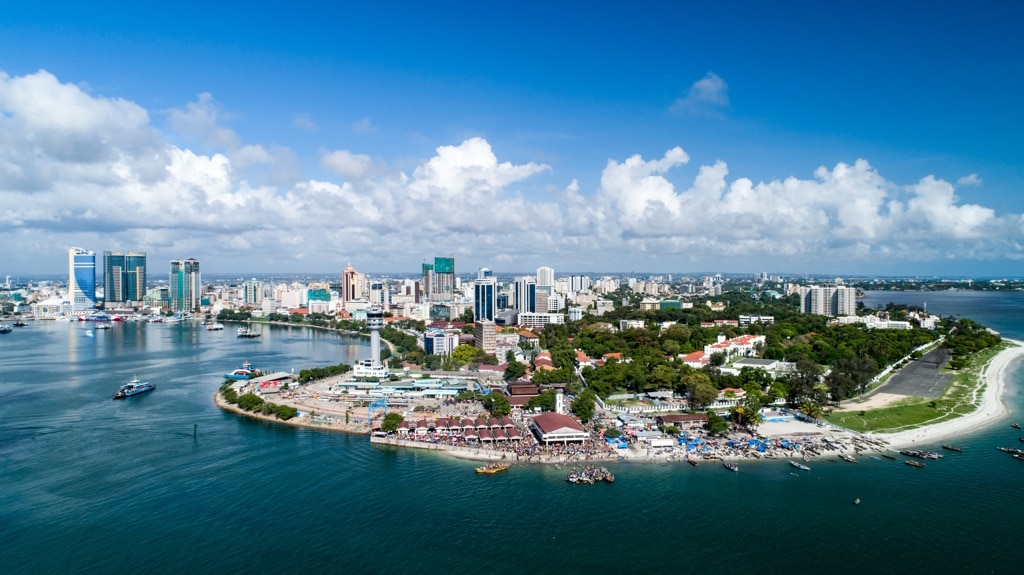Green bonds for sustainable development in the face of the climate crisis in Tanzania. This is the objective of CRDB Bank, the country’s largest commercial bank with $4.6 billion in assets under management by 2022. It has just issued a $68.3 million green bond. This is “the first tranche of the $300 million multi-currency medium-term note programme under the new Green, Social and Sustainability Bond Framework aimed at financing green, social and sustainable development projects”, says the Dar es Salaam-based commercial bank.
The International Finance Corporation (IFC), the private sector financing arm of the World Bank Group, is supporting the transaction with a $20 million subscription. “This tranche aims to address various climate challenges by transforming the country’s climate finance processes, thereby improving the livelihoods and quality of life of our citizens through the sustainable development agenda,” explains Abdulmajid Mussa Nsekela, Chief Executive Officer of CRDB Bank.
Financing eco-construction
In concrete terms, the proceeds of this Tanzanian shilling bond will be used to finance sustainable development initiatives across the country, including climate-smart agriculture and the development of water, forestry, renewable energy and green building projects.
Read also- TANZANIA: $15.2bn needed for its water investment programme
As part of the deal, “IFC’s support includes a performance-based incentive from the UK-SFI Market Acceleration Programme for the Green Building Programme to help cover the costs associated with greening affordable housing developments in Tanzania”, says the World Bank Group subsidiary. Under the UK-SFI programme, at least 40% of the IFC’s bond investment will be dedicated to green buildings.
CRDB Bank’s green bond contributes to Tanzania’s climate finance objectives. The World Bank estimates that the East African country will need $19.3 billion by 2030 to meet its climate finance needs. At present, Tanzania obtains most of its climate finance from donors. But across the continent, the private sector is being called on to take more action in the face of the climate emergency.
Jean Marie Takouleu
